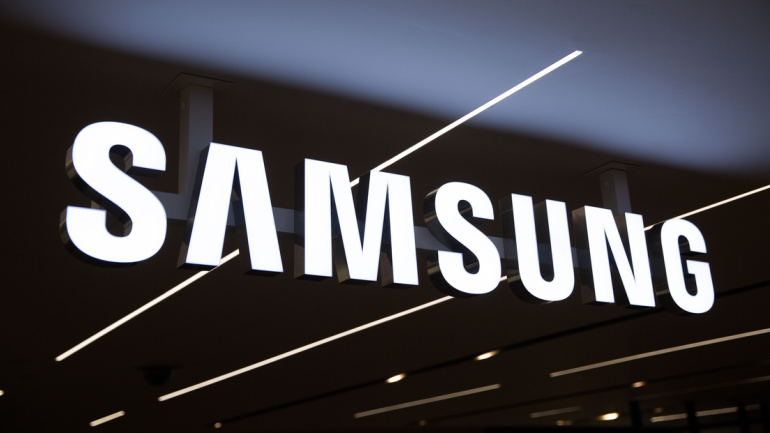Navigating an increasingly challenging market, Nokia is bracing for reductions in staff numbers bolstered by a severe 15% year-on-year sales decline. Despite facing these obstacles, including a slowed pace of 5G deployment in India and underperforming Network Infrastructure division, Nokia’s Cloud and Network Services remain resilient. Amidst downsizing, CEO Pekka Lundmark forecasts a more optimistic fourth quarter, exemplifying the struggle between current hardships and future potential.
The looming merger of Vodafone and Three in the UK sparks heated debate. Anticipated job creation sits around 12,000, yet union estimates portend a job cut of around 1,000 to 1,600. Amidst global job-shedding by Vodafone and Three’s concerning job loss record, an £11 billion pledge to enhance network coverage brings a glimmer of hope. However, hazy figures on staffing levels and possible challenges accessing skilled labor add to the uncertainty.
Samsung’s 5G CBRS Strand Small Cell solution empowers cable operators by providing a quick, cost-effective method for deploying 5G data-offloading capabilities. Field-tested and now commercially available, this compact solution has been deployed with Comcast, supporting their goal of efficient data traffic offloading and improved 5G connectivity.
Nokia takes a significant leap in telecom landscape with a unique Cloud RAN trial, persistently striving to achieve parity between Cloud RAN and purpose-built RAN. This strategic move, involving Elisa, explores In-Line acceleration potential, positioning Nokia in a subtle competition with Ericsson’s ‘Look-Aside’ approach. The latter’s reticence adds intrigue to this telecommunication rivalry. However, will Nokia’s In-Line strategy prove to be the more efficient route?
VoIP readiness assessment is vital for cost-effective business communication. Define objectives, assess costs, scalability, integration, infrastructure, equipment, security, and training. Pilot testing and vendor selection are key. Develop a migration plan for a smooth transition, resulting in enhanced communication, productivity, and cost savings.
The Ultra-Broadband Forum 2023 has seen industry leaders propose the revolutionary 10 Gbps City Initiative, aiming to construct digitally transformative and ultra-connected cities. Beyond being a mere term, the 10 Gbps City represents a significant shift in infrastructural development. This ambitious project hints at the power of telecommunications transformation, driving the digital economy to unexplored territories. Governments hold the key role in accelerating these changes, as they can bridge digital divides and facilitate universal digital services.
Phoenix Tower International’s acquisition of NOVEC’s German unit offers a lucrative entry point into a high-potential European market, despite a downturn in mergers and acquisitions within the tower sector. This pivotal move solidifies Phoenix Tower’s expansion strategy, leveraging Germany’s stature as Europe’s largest economy and a global wireless build-out hub. Intriguingly, Phoenix’s bold move contrasts with rivals like Cellnex, who have curbed spending due to financial pressures. This daring feat underscores the fluidity and continuous evolution in the telecommunications infrastructure sector.
BT, a dominant force in the UK’s telecommunications landscape, is setting the stage for a drone revolution with the unveiling of the country’s first-ever Drone SIM. Designed to act as the linchpin for beyond visual line of sight (BVLoS) drone operations, this groundbreaking technology combines EE network connectivity with resistance to hazardous conditions, opening up innovative possibilities across several sectors. From enabling swift healthcare supplies delivery and comprehensive infrastructure monitoring to enhancing goods transportation, BT’s Drone SIM offers promising applications. The unlimited data plans and high-priority connectivity contribute to a safer drone usage while facilitating ultra-high definition video streaming from towering heights.
Anticipation builds as the international telecommunication industry readies for the 2023 Global Telecoms Awards, offering a glimpse of the brightest advancements in the sector. This year’s fierce competition promises a thrilling revelation on November 30th, stretching from top-shelf 5G innovations to groundbreaking strides in AI and sustainable telecom solutions. Coinciding with the awards, the Future Vision Executive Summit promises to stimulate discussion on pressing telecom industry topics. Don’t miss out, the future of telecommunications unfolds here.
Thierry Breton, Internal Market commissioner of the European Commission, is advocating for a unified European telecoms market, anticipating advancements in growth, innovation, and swift adaptability to emerging technologies. Arguing against the current market fragmentation, he believes regulatory easing on issues like spectrum acquisition could invite investors to support future networks. Simultaneously, telecom operators suggest cross-border consolidation as a potential path when local financial conditions improve.













